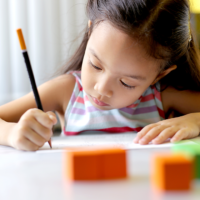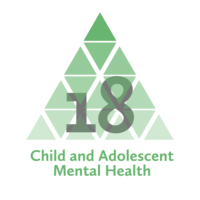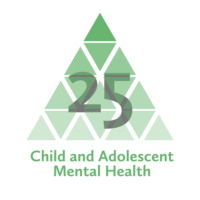Neurocognitive
-

Young people’s ‘neural fingerprints’ might permit a precision-medicine approach to depression
Precision medicine has been discussed in medical research since the late 1990’s. Only recently, however, has this concept aroused interest and inspired relevant research in psychiatry, particularly in adolescents.
Read more -

Nigerian young people from parentally deprived backgrounds show enhanced working memory capacity
Early adverse rearing can impair cognitive functions in all domains.1 However, those who take an evolutionary–developmental stance propose that there could be adaptive benefits associated with early adverse rearing.2,3
Read more -

‘Working for the future: parentally deprived Nigerian Children have enhanced working memory ability’ – Tochukwu Nweze video abstract
Tochukwu Nweze gives a video abstract of his paper ‘Working for the future: parentally deprived Nigerian Children have enhanced working memory ability’
Read more -

JCPP Annual Research Review 2020
Free access to the articles included in the JCPP Annual Research Review: “Something new: What’s next for child psychology and psychiatry?”, until the end of February 2020.
Read more -

Most cited CAMH paper #18 of 25: The Diagnostic Utility of Executive Function Assessments in the Identification of ADHD in Children
Joni Holmes, Susan E. Gathercole, Maurice Place, Tracy P. Alloway, Julian G. Elliott, Kerry A. Hilton.
Read more
Key Practitioner Message includes; Guidance from clinicians about the difficulties in executive functioning experienced by children with ADHD may prove helpful to teachers and parents. -

Most cited CAMH paper #25 of 25: Review: The impact of motor development on typical and atypical social cognition and language: a systematic review
Hayley C. Leonard, Elisabeth L. Hill.
Read more
Key Practitioner Message includes: Significant relationships exist between the development of motor skills, social cognition, language and social interactions in typical and atypical development -

Dr. Ramya Mohan – The Creative Arts and Mental Health
Dr. Ramya Mohan combines the creative arts and neuroscience to improve young people’s mental health through therapeutic technique (CAPE).
Read more -

In Conversation… Dr. Ramya Mohan
In this podcast, Ramya Mohan discusses the interactive and practical method combining neuroscience and the creative arts CAPE (Creative Arts for Processing Emotion) as a therapeutic technique.
Read more -

2019 Jack Tizard Memorial Lecture and National Conference
Sorry, but you do not have permission to view this content.Read more -
